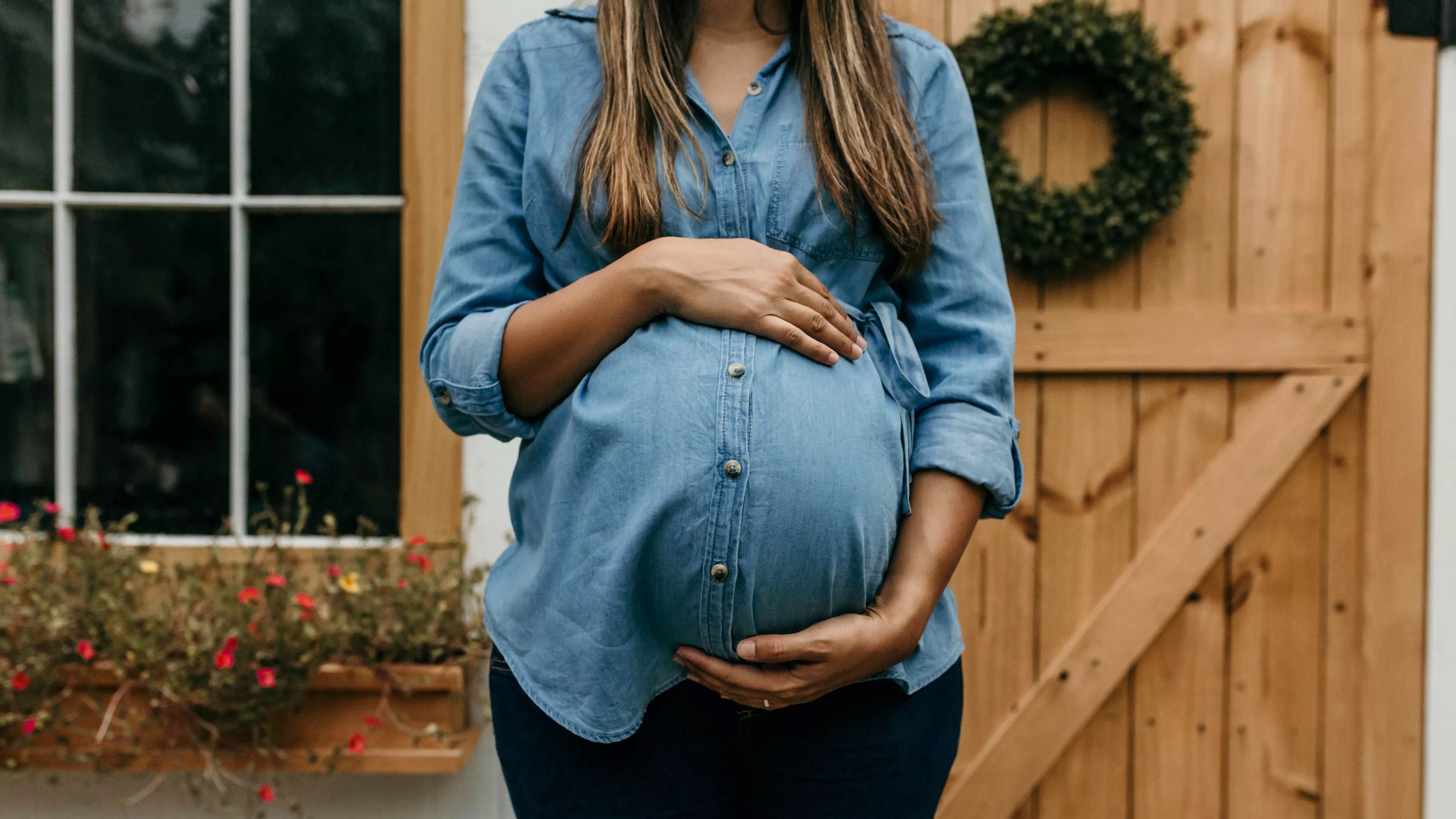
Photo by Camylla Battani on Unsplash

Audio By Carbonatix
A new report on child brain research has associated prenatal marijuana exposure with subsequent attention, behavioral and social problems in adolescent children; the risk rises significantly five or six weeks into pregnancy.
Researchers at the Washington University School of Medicine in St. Louis combed through over six years of data collected by the National Institutes of Health’s Adolescent Brain Cognitive Development Study, a long-term project concerning the brain development and health of over 12,000 children across the country. According to the Washington University research team, marijuana used by pregnant women had associations with psychopathology that “persist” when their children are eleven or twelve years of age.
“Prenatal cannabis exposure is associated with persisting vulnerability to broad-spectrum psychopathology as children progress through early adolescence,” the report states. “Increased psychopathology may lead to greater risk for psychiatric disorders and problematic substance use as children enter peak periods of vulnerability in later adolescence.”
The findings, supported by the National Institute on Drug Abuse, suggest that continued prenatal exposure to THC, the main intoxicant found in marijuana, can put children at “greater risk” of mental health disorders and substance abuse during adolescence, specifically ages ten to nineteen. Previous analysis of the Adolescent Brain Cognitive Development Study has suggested these issues can start as early as nine years old.
Researchers collected data from three groups of mothers and children: mothers who used marijuana but stopped upon finding out they were pregnant, mothers who continued using marijuana after discovering their pregnancies, and mothers who never used marijuana. According to the analysis, mothers who continued to use marijuana after learning of their pregnancies had children with a higher rate of psychopathology.
The higher rate of psychopathology cases after longer prenatal exposure to marijuana “may be attributable” to the development of cannabinoid receptors within a child’s brain. According to research on rodents, this happens around five or six weeks into the pregnancy, or around the middle of the first trimester for humans. However, mothers who only used marijuana before knowledge of their pregnancies also had children with higher rates of aggressive and rule-breaking behavior, as well as higher rates of stress issues, problem internalization, attention disorders, depressive traits and more than ten other forms of psychopathology than mothers who did not use marijuana.

JAMA Network
According to the Colorado Department of Public Health and Environment’s Pregnancy Risk Assessment Monitoring System, 6.8 percent of Colorado women admitted to using marijuana at some point during their pregnancies in 2020, down from 8.2 percent in 2019 and 7.8 percent in 2016.
A 2016 study conducted by the University of Colorado Anschutz Medical Campus found no substantial evidence that using cannabis while pregnant would result in physical health issues for a child. However, the study did find moderate evidence that cannabis use could lead to decreased growth and lower IQ scores in young children, and also affect their cognitive and academic ability.
No laws ban pregnant women from purchasing or consuming cannabis in Colorado, but all medical and recreational marijuana products must carry warnings of the potential dangers of consumption for pregnant women.